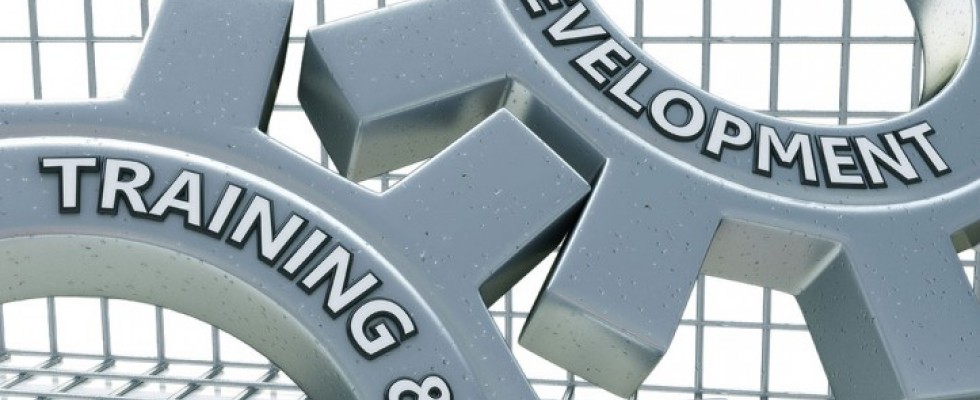
Each of the accreditors has annual education requirements for staff. There are many ways this can be accomplished without much expense or hours of your time.
As you are aware, you must be accredited in order to service Medicare beneficiaries. The accrediting organization has to ensure you are in compliance with The CMS Final Quality Standards regarding education. This does not mean sending your staff to expensive educational programs. Each accreditor has their own requirements that may include that you provide a certain number of hours of education per year, or may require that you include specific topics of education in your schedule.
The annual education standard is commonly found deficient on re-surveys, especially for small suppliers, as often they forget to create their annual schedule. Even when a calendar of education is created, suppliers often may not implement the schedule as planned. An electronic system that tracks and manages employee compliance can make the process less cumbersome. Other small suppliers working without electronic systems have used the best practices below with good results.
Start by creating your plan for the entire year. Schedule at least six to eight one-hour programs for the year—or at least the minimum sessions required by your accreditor. Check your standards to see if you have a minimum number of hours required and/or topics that must be addressed. If you can avoid it, don’t schedule programs during your busiest months—usually November and December or a summer month when you are short-staffed due to vacations.
For every educational session offered, have a standard sign-in sheet that documents staff attendance and participation that can be filed in a binder labeled “Annual Education.” The sign-in sheet can be a standard form that is completed at each session, and the form should have blank lines where the date, topic, speaker and item demonstrated can be completed, as well as enough lines for each attending staff member to sign. File the completed sheets for each program in the binder with any handouts provided at the session or, at a minimum, a short description of the program. Place a copy of your annual calendar as the first page, along with the completed sign-in sheet of each session. Keep blank copies to use for upcoming sessions in an interior binder pocket so that you house everything in one place.
Find education topics, such as OSHA regulations, safety on the road and in the warehouse, patient security concerns and more through YouTube or other video libraries. Focus on topics that your staff can review as they gather around a computer with an internet connection or in a conference room equipped with a DVD player and a screen. VGMU, dmetrain and others offer access to excellent, high-quality educational video programs for providers to purchase. You might also review what materials you can rent or borrow from your local library or health department.
Consider inviting local experts to provide in-person presentations. You might be able to invite someone to present local resources to utilize in your emergency preparedness plan, fire department staff to review fire safety concerns, a discharge planner from a referring facility to discuss needs and concerns and similar types of individuals. Start talking to these folks at the beginning of the year so that you can get on their calendar well in advance to avoid scheduling conflicts.
Finally, leave an opening in one or two months, with a topic to be determined. This gives you the flexibility to bump a scheduled video to an open month, and schedule a timely webinar topic that’s just become available or an in-house training by a manufacturer rep who has contacted you.
As you plan to meet the requirements from your accreditor, include an extra topic or two so that you are covered in case something happens and you have to cancel a speaker. You can always offer more than the required number of sessions if you end up adding programs along the way, but you cannot offer less. When you take an hour to sit down and create a simple schedule, you will have a workable plan in place that is easy to maintain. If you keep to the schedule, with diverse types of programming, you will be able to meet your minimum requirements and not scramble to get it all done prior to your accreditation renewal.
